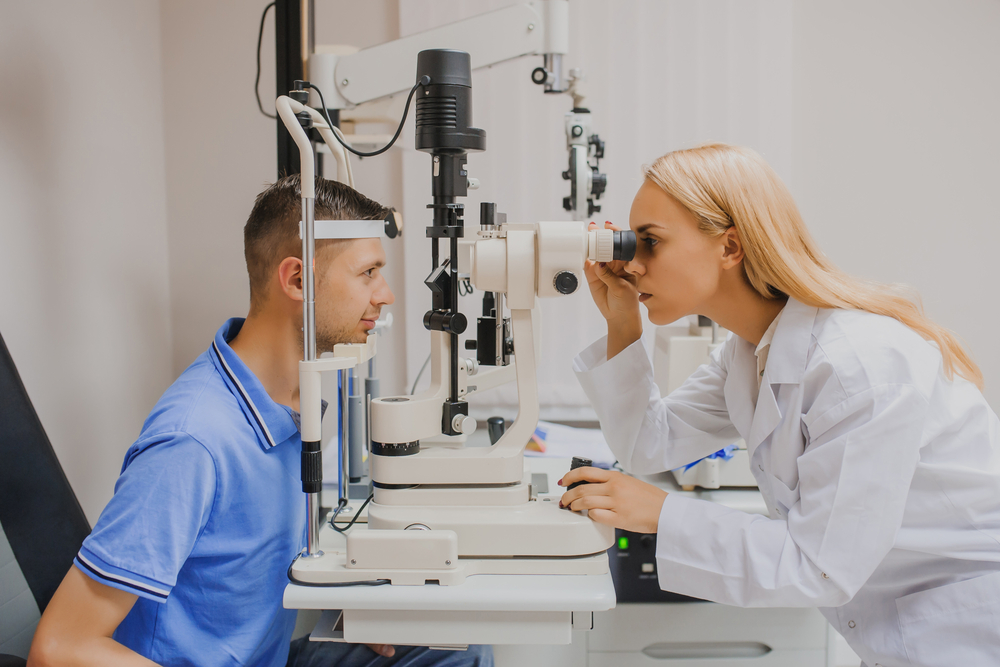
Stress is an inevitable part of life, but its impact on your health extends far beyond what you might expect. From heart disease to weakened immunity, the effects of chronic stress are well-documented. However, one area that often gets overlooked is how stress can affect your retinal health. Your retina plays a vital role in vision, and maintaining its health is essential for preserving your sight.
The Link Between Stress and Retinal Health
Chronic stress triggers the release of hormones like cortisol and adrenaline, which can have systemic effects on your body. For your eyes, these stress hormones can contribute to the following retinal issues:
Hypertensive Retinopathy: High blood pressure, often associated with stress, can damage the blood vessels in your retina. This condition can lead to vision problems and, in severe cases, permanent damage.
Central Serous Retinopathy (CSR): Stress has been linked to CSR, a condition where fluid builds up under the retina, causing blurred or distorted vision. It’s more common in individuals under chronic stress and can recur without proper management.
Diabetic Retinopathy: For those with diabetes, stress can exacerbate blood sugar imbalances, increasing the risk of retinal complications.
Increased Risk of Glaucoma: Elevated stress levels can lead to increased intraocular pressure (IOP), a significant risk factor for glaucoma, which can damage the optic nerve and impair vision.
What You Can Do to Protect Your Retinal Health
While stress may be unavoidable, there are effective ways to manage its impact on your eyes. Incorporating mindfulness practices such as meditation, yoga, or deep breathing exercises into your daily routine can significantly lower cortisol levels and help reduce stress. These practices not only benefit your overall well-being but also protect your eye health.
Maintaining a healthy lifestyle is another critical factor in managing stress. Regular physical activity improves blood circulation, including to the eyes, helping alleviate stress and its effects. Pair exercise with a balanced diet rich in nutrients and antioxidants, such as leafy greens and fish, to provide essential support for retinal health.
Quality sleep is equally important. Poor sleep can exacerbate stress and strain your eyes, so aim for 7–9 hours of restorative sleep each night. This allows your body to recover and gives your eyes the rest they need to function optimally.
Finally, monitor your vision for any changes, such as blurry vision, dark spots, or eye pain. If you notice anything unusual, seek professional care promptly to address potential concerns and safeguard your vision. By adopting these strategies, you can effectively manage stress and protect your eyes for the long term.
The Importance of Regular Eye Exams
Regular eye exams are crucial for detecting stress-related retinal issues early. During a comprehensive eye exam, your optometrist can:
Measure your eye pressure to assess the risk of glaucoma
Perform retinal imaging to check for fluid buildup or damaged blood vessels
Monitor changes in your vision that might indicate stress-related complications
At Chan Eye Care, we use advanced diagnostic tools to perform thorough retinal exams, allowing us to catch potential issues before they become serious. Whether you’re experiencing vision changes or simply want peace of mind, regular check-ups are a proactive step toward long-term eye health.
Take Charge of Your Eye Health Today
Stress is an unavoidable part of life, but its effects on your eyes don’t have to be. By managing stress, adopting healthy habits, and scheduling regular eye exams, you can protect your retinal health and preserve your vision for years to come.
If you’re due for an eye exam or have concerns about stress-related vision changes, contact Chan Eye Care to schedule a consultation. Visit our office in Virginia Beach, Virginia, or call (757) 430-8800 to book an appointment today.








